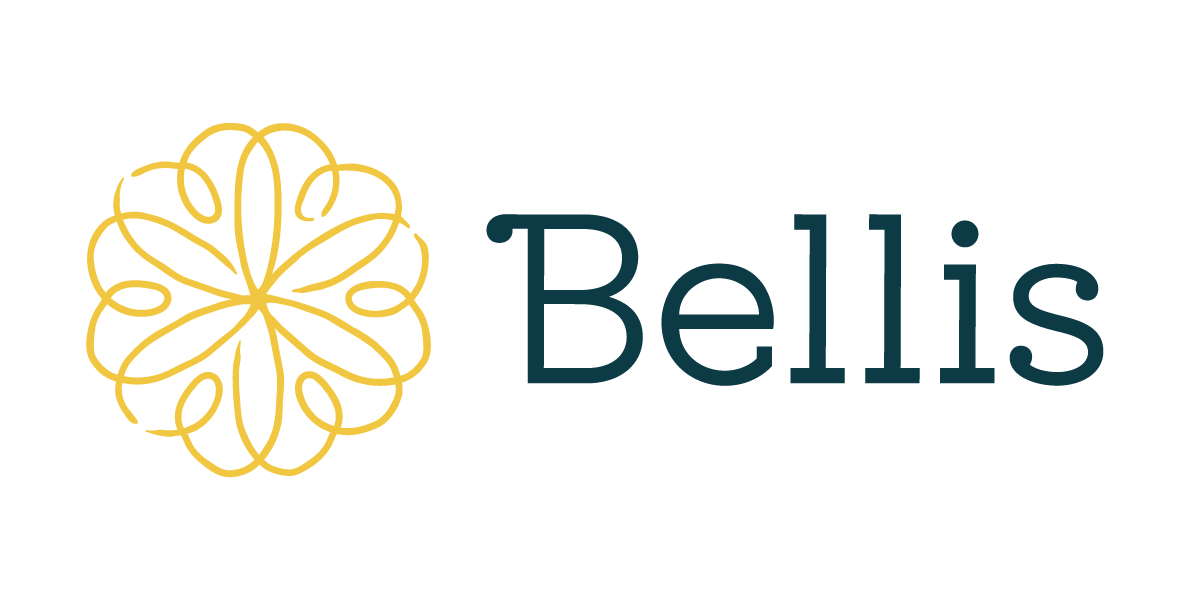Parting wisdom as an advocate… kids are listening when we talk about adoption
My personal mission will be successful if, as you read this, you prepare yourself to hear an adoption story in the future – by humbly accepting the story as truth, without wrangling it to fit a one-size-fits-all narrative or preconceived notion. - Jenny Eldredge
It was a gut punch to hear. It always is. “Other kids are making fun of my son because they learned he’s adopted,” she said, her face wet with tears.
In my 20 years of listening to thousands of adoption-related stories, this one always stings because it’s the story of my kids, too. And all the years of my advocating, program building, educating, and shouting from the rooftops haven’t changed it.
The mom who said these words was a new Bellis program participant, seeking support for her loss and shame related to not being able to parent her son, who is only 9 years old. The 10 other moms sitting with her in this group nodded in agreement, their pain palpable. Other women are mothering their kids. And the kids get judged for it.
One of Bellis’ compassionate group facilitators, Mary Kane, LSW, warmly and firmly acknowledged: “It’s hard on adopted kids because society stigmatizes their experience, though they’ve done nothing to deserve it. It’s not fair. And they don’t often have the language skills to explain their feelings, so they internalize it.”
My inner fire as a nonprofit leader has been literally and naively to help evolve the adoption experience and normalize that families come together in different ways, and they can all be beautiful.
In particular, my heart – and the heart of Bellis – is focused on the underserved emotional needs of mothers who aren’t able to parent, for countless reasons, just and unjust. Miraculously, in the past few years alone, we’ve seen more than 325 mothers courageously show up to do very difficult work to lift themselves and others up from cruel self-talk, alienated family and friends, and systems that inherently traumatize. The Stronger Together Model, developed by Bellis over a decade, is their transformational support network.
And, yet, the kids.
Believe me, the world has no shortage of reporting about how children are affected when they are removed from the care of the mothers and fathers who brought them into this world. Some ideas are founded on sound research; some, rather flimsy. I’m not a social scientist, but I’ve likely heard more adoption stories than most scientists at this point. And I know we can all do better for kids when avoidable or unavoidable (also highly complex and judged) circumstances happen, and they are adopted. We can acknowledge the differences in their stories without rubberstamping them as “different” or worse, “damaged.”
The journey of childhood and identity-finding is wrought with challenges for many – within biological families and not. Early trauma in all forms and stages has lasting implications. We can openly acknowledge this and seek qualified care and support. We can also acknowledge that surrogate parents can be highly effective. We can release ourselves and each other from not being “good enough.”
And this: We can talk to little ones in our lives about how to approach questions with their friends who are adopted. Coaching to say something like “Hey, do you want to tell me about your family?” is a good starting point.
As I end my time in leadership at Bellis, I know this bold nonprofit will continue to transform the adoption experience, starting with caring for mothers whose children are parented by others. My personal mission will be successful if, as you read this, you prepare yourself to hear an adoption story in the future – by humbly accepting the story as truth, without wrangling it to fit a one-size-fits-all narrative or preconceived notion. Thank you in advance!
Jenny Eldredge is the outgoing executive director of Bellis. She’s an adoptive mom of two incredible young-adult daughters who enthusiastically approve this message.


